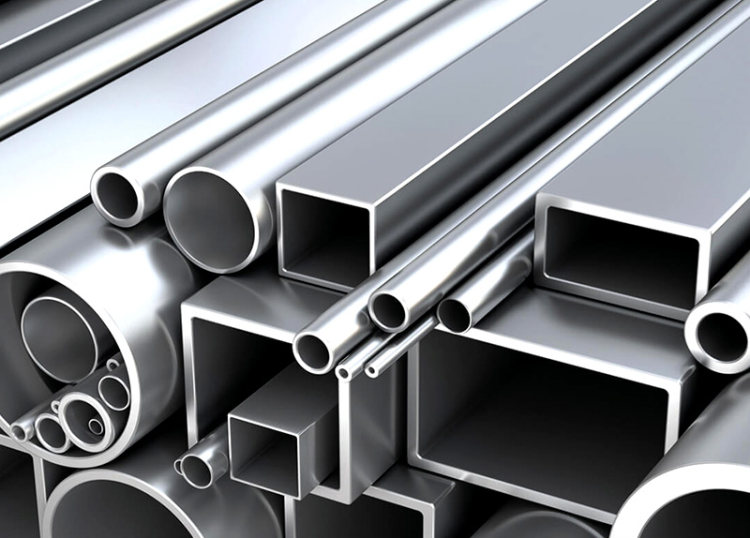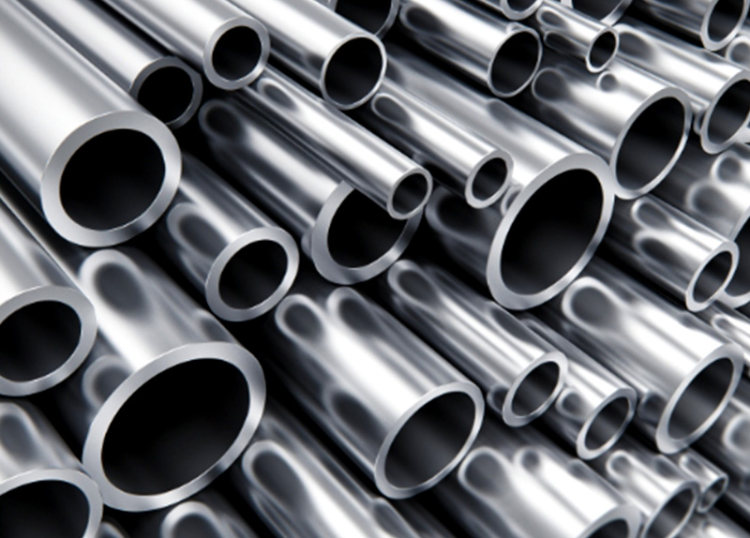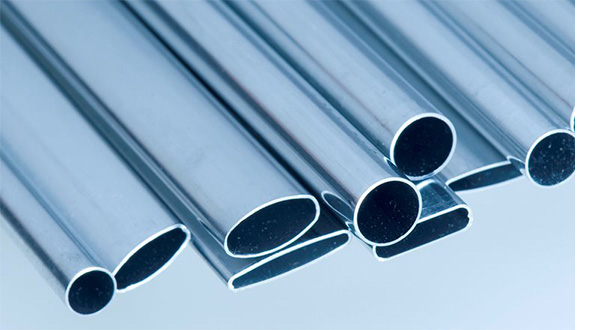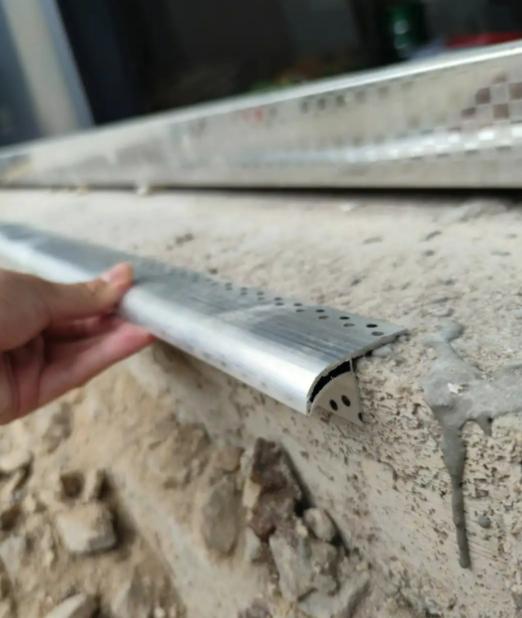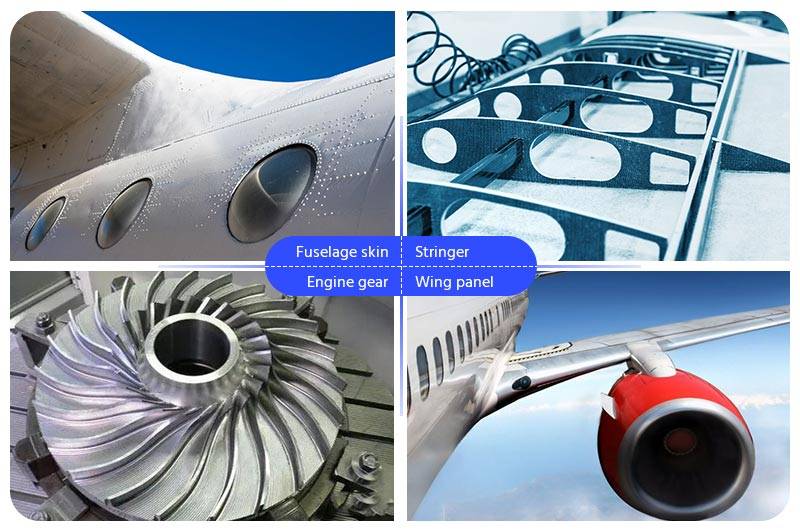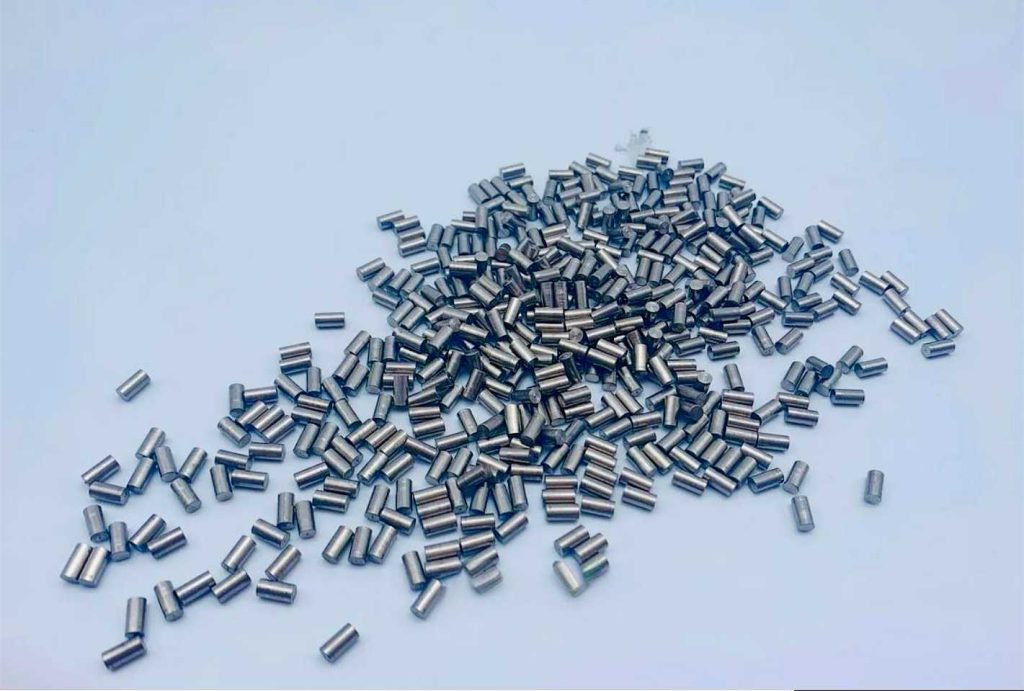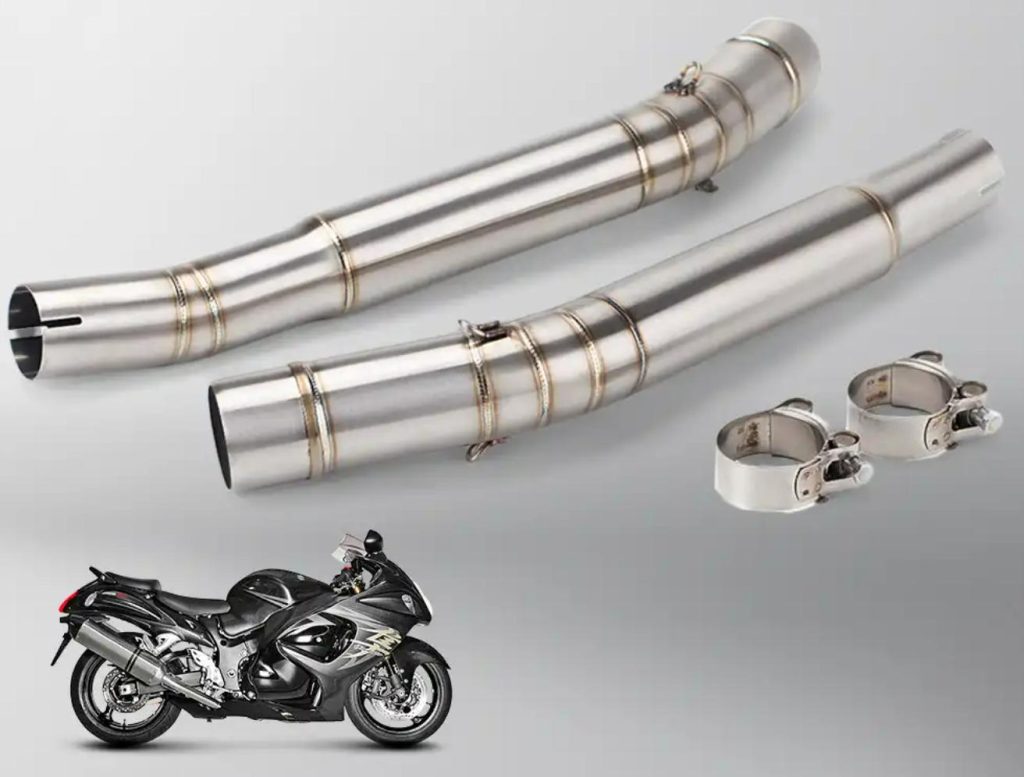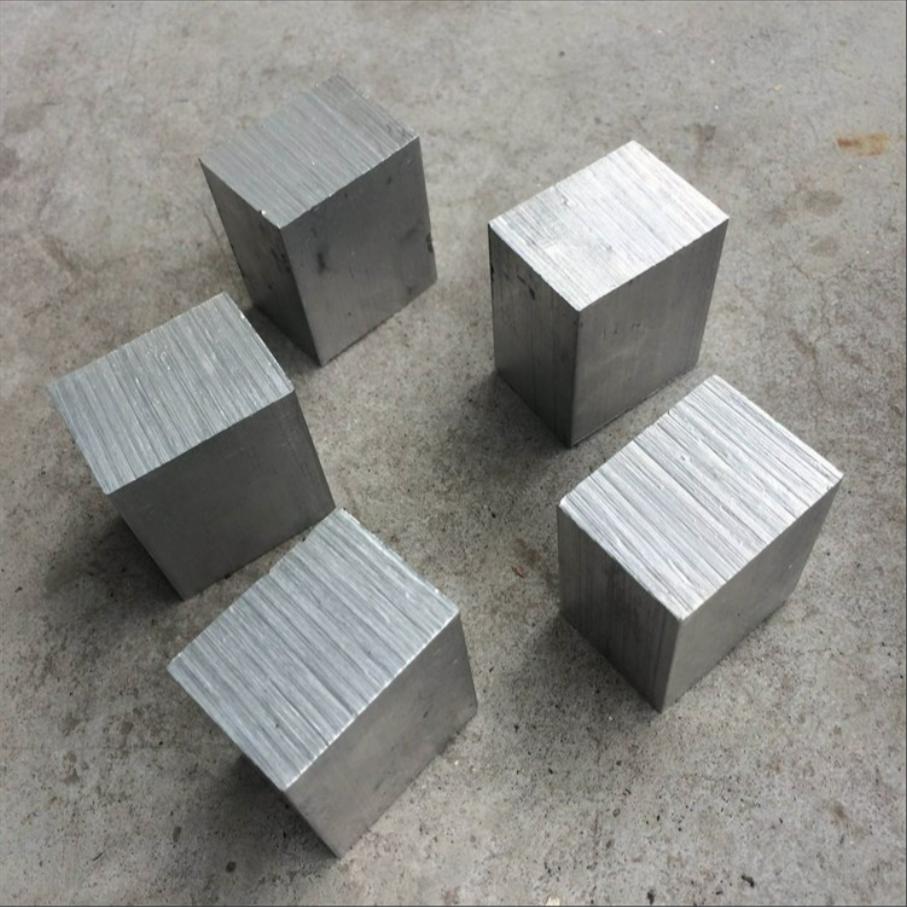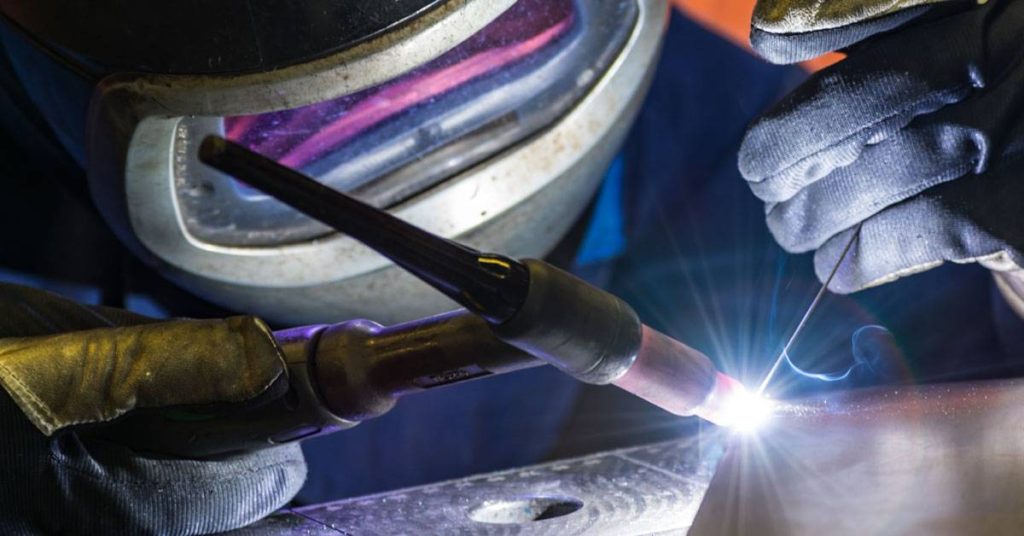The fuel tank, a seemingly mundane component of a vehicle, plays a critical role in its overall performance and lifespan. Traditionally, fuel tanks have been made from materials like steel or plastic, but aluminum has emerged as a superior alternative. Here we explore how aluminum fuel tanks enhance vehicle performance and longevity, providing a deeper understanding of why aluminum is becoming the material of choice for manufacturers and enthusiasts alike.
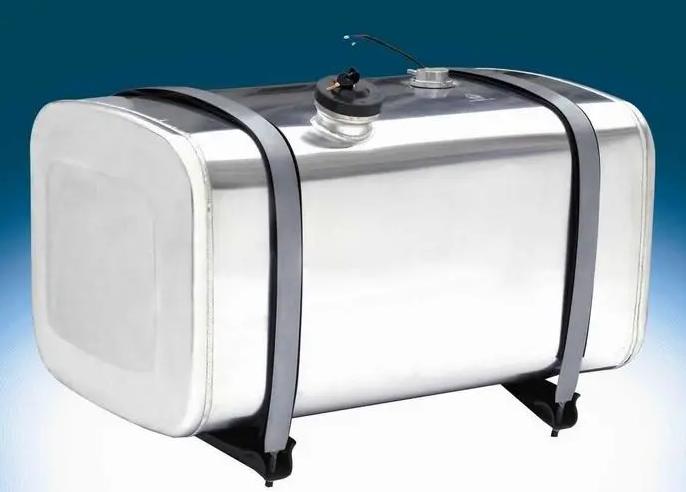
Understanding Fuel Tank Material
Fuel tanks, the vessels that store and transport fuel, have historically been manufactured primarily from steel. While steel offers a certain level of durability, it comes with drawbacks such as susceptibility to corrosion, weight, and manufacturing complexity. In recent years, aluminum has emerged as a superior alternative due to its unique properties.
Aluminum excels in several areas compared to traditional steel fuel tanks:
- Weight Reduction: Aluminum is significantly lighter than steel, resulting in improved vehicle performance. Reduced weight translates to better acceleration, handling, and fuel efficiency.
- Corrosion Resistance: Aluminum is inherently resistant to corrosion, a major factor in fuel tank deterioration. This ensures the longevity of the fuel tank and prevents fuel contamination.
- Durability: Despite its lighter weight, aluminum possesses exceptional strength and durability. It can withstand impacts and vibrations better than steel, reducing the risk of leaks and damage.
- Formability: Aluminum is highly malleable, making it easier to shape into complex fuel tank designs. This allows for optimized fuel tank geometry for better performance and efficiency.
- Recyclability: Aluminum is infinitely recyclable without losing its properties, making it an environmentally friendly choice.
Common Aluminum Alloys for Fuel Tanks
Various aluminum alloys are suitable for fuel tank production, each offering specific characteristics. Some common alloys include:
- 5052 Aluminum Alloy: Known for its excellent formability and corrosion resistance, it is widely used in fuel tank manufacturing.
- 6061 Aluminum Alloy: Offers a good balance of strength, weldability, and corrosion resistance, making it a versatile choice.
- 3003 Aluminum Alloy: Known for its high ductility and formability, it is often used for fuel tank components.
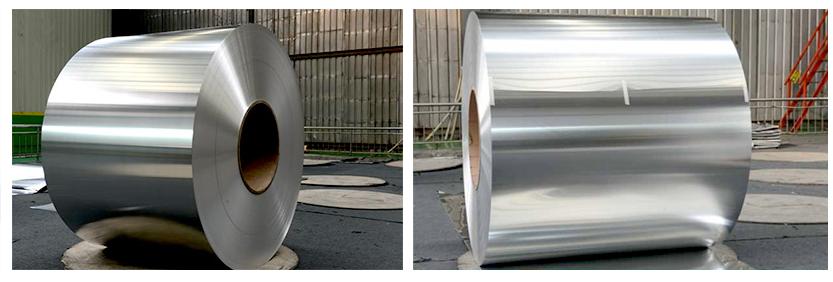
Performance Benefits of Aluminum Fuel Tanks
Aluminum fuel tanks offer several performance benefits that make them superior to traditional materials like steel or plastic.
1. Weight Reduction and Fuel Efficiency
One of the most significant advantages of aluminum is its lightweight nature. A lighter fuel tank reduces the overall weight of the vehicle, which in turn improves fuel efficiency. Vehicles with aluminum fuel tanks often achieve better miles per gallon (MPG) ratings, contributing to lower fuel consumption and reduced emissions. This is particularly beneficial for long-haul vehicles or high-performance cars where every pound counts.
2. Improved Handling and Stability
The reduced weight from an aluminum fuel tank doesn’t just improve fuel efficiency; it also enhances the vehicle’s handling and stability. A lighter vehicle is easier to maneuver, with quicker response times and less strain on the suspension system. This is especially important for sports cars and performance vehicles, where precise handling is paramount.
3. Better Heat Dissipation
Aluminum has excellent thermal conductivity, meaning it dissipates heat more effectively than steel. This property is crucial in preventing overheating, which can degrade fuel quality and lead to vapor lock or other performance issues. By maintaining a cooler fuel temperature, aluminum tanks help ensure consistent engine performance, particularly in hot climates or during high-demand driving conditions.
In conclusion, aluminum fuel tanks provide substantial performance enhancements through weight reduction, improved handling, and better heat management. These benefits contribute to a more efficient and responsive driving experience.
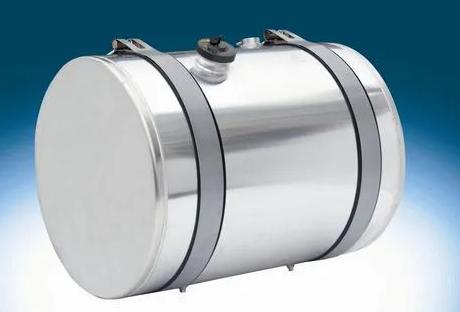
Longevity Benefits of Aluminum Fuel Tanks
Beyond performance, the longevity of aluminum fuel tanks is another compelling reason for their adoption in modern vehicles.
1. Corrosion Resistance and Durability
As mentioned earlier, aluminum’s natural resistance to corrosion is one of its standout features. This resistance extends the life of the fuel tank, particularly in environments where moisture and salt are prevalent. Steel tanks, in contrast, can rust over time, leading to leaks, contamination of fuel, and potential vehicle damage. Aluminum tanks, however, maintain their integrity for years, even in harsh conditions, reducing the need for frequent replacements or repairs.
2. Maintenance and Long-Term Cost Savings
The durability of aluminum fuel tanks translates directly into cost savings. With less susceptibility to corrosion and damage, these tanks require less frequent maintenance and are less likely to need early replacement. This reduces the overall cost of ownership for vehicle owners, making aluminum tanks a more economical choice in the long run. Moreover, the longevity of aluminum fuel tanks contributes to a vehicle’s resale value, as buyers are more likely to invest in a car with reliable, long-lasting components.
3. Environmental Impact
In addition to the direct benefits to vehicle longevity, aluminum fuel tanks also have a positive environmental impact. Aluminum is highly recyclable, meaning that even when a fuel tank reaches the end of its life, it can be repurposed with minimal environmental impact. This contrasts with some plastic fuel tanks, which can contribute to environmental pollution if not disposed of properly.
In conclusion, aluminum fuel tanks offer significant longevity benefits, including enhanced durability, lower maintenance costs, and positive environmental contributions. These factors make aluminum a smart choice for both manufacturers and consumers looking to invest in long-lasting vehicle components.
For more detailed information about aluminum products, please get in touch with our R&D Department.

